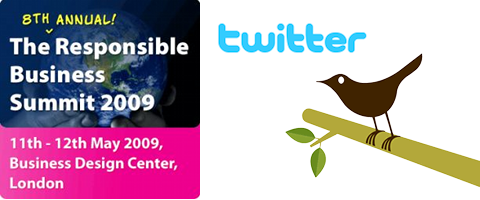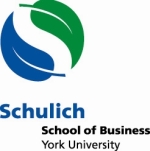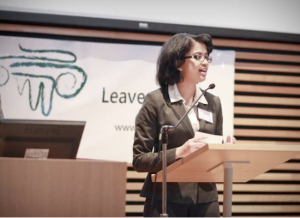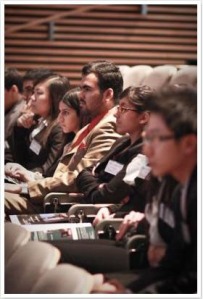
Should CSR training be mandatory for all business students?
It seems that if we are to have corporate citizenry at all levels of business, this needs to be the case. Currently most CSR managers are internal hires, coming either from ‘corporate communications’ departments or technical backgrounds. It’s much harder to find specialists who have the training to execute the concept of ‘doing well by doing good’.
However, most universities have been slow to offer students the option to learn about CSR, let alone making it a core component of business degrees.
The University of Adelaide has recognised the need to incorporate CSR into their business curriculum. Their ‘Corporate Responsibility in Global Business’ course started out as a Masters elective, but in 2010 will become a compulsory subject for Bachelor of Commerce students in their final year.
The man behind the course is Jim Redden, whose previous work on the Australian Government’s WTO Advisory Committee, with mining companies and expertise in developmental economics are evident from the course content. He started out with aid organisations such as Oxfam, and is now conducting research and teaching for the Institute for International Trade (University of Adelaide).
So what’s actually in this course?
Key topics include: risk management, triple bottom line reporting, transparency, corporate governance, poverty and development issues, corporations and trade rules and environmental issues.
The approach is firmly grounded in practical management. Generally for students, environmental issues are the most accessible, as well as being the main issue faced by CSR managers in Australia. But they are challenged to think of strategies for real world situations across all topics.
In order to achieve this, industry involvement is vital. Admittably Adelaide, one of Australia’s smaller state capitals, has fewer internal CSR practitioners than its compatriots in the Eastern states. However, Jim has been able to bring in a variety of speakers to challenge his students to think about the issues they will face in the industry.
Past speakers have come from banks, mining companies, unions, NGOs, the Department of Consumer Affairs and Transparency International. The most controversial? A discussion of whether an arms retailer can ever operate ethically, and how that might be achieved.
The course aims to allow students to make up their own minds about the degree to which the behaviour of contemporary global corporations is ethical and responsible. Students are equipped with the practical tools to deal with the real and complex issues of poverty, conflict, environmental disasters and corruption – so that they can choose to make a difference as future managers.
Practical analysis also extends beyond lectures; the major project for the course is a research report where students must analyse and critique a company’s corporate responsibility efforts.
You might be wondering how a course like this is assessed – when so many CSR professionals debate the scope of the practice, how do you ensure that students fully understand the field?
Apart from the report already mentioned, students are required to write answers to short one page case-studies on global corporations for most tutorials and sit an exam (60% of the final grade). The exam covers key defining concepts (what is CSR, reporting standards, technical terms, international bodies etc.), requires analysis of a case study and argumentative essays (eg. ‘Should codes of conduct for global corporations be voluntary or compulsory by law?’).
Of course, CSR is a broad subject that is difficult to compress into a 12 week course. Jim stresses that it is primarily meant to provide a foundation for students, provoking them to think about the key issues, learn about management options and sort the corporate responsibility from the PR stunts.
What else would we like to see in there? I could see some scope for emphasising the importance of internal CSR training, using community investment for effective marketing, and giving some directions on SRI. But as a start it’s good to see social responsibility being pushed as a topic that all managers need to be aware of and not just a one-person role description.
What do you think about the course?
[For more info about the course or to talk to Jim, contact the Institute for International Trade on +61 (08) 8303 – 6900 or the School of Business at the University of Adelaide.]
The course aims to allow students to make up their own minds about the degree to which the behaviour of contemporary global corporations is ethical and responsible. The emphasis is more on giving students the practical tools to deal with the very real and complex issues of poverty, conflict, environmental disasters and corruption – so that they can choose to make a difference in their future jobs.













 “
“
